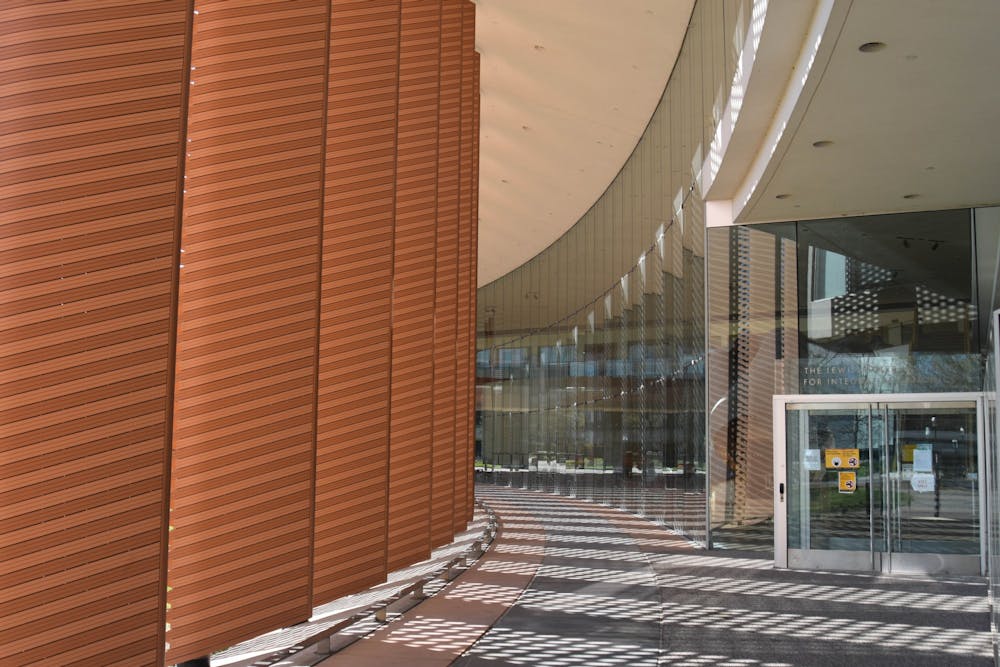The Integrated Science Curriculum (ISC) will not be offered this academic year, as the intensive science sequence undergoes “revitalization,” according to the Lewis-Sigler Institute (LSI) for Integrative Genomics website.
Originally developed in the early 2000s, ISC has traditionally offered a cohort of first-years the opportunity to pursue the material traditionally covered by two semesters of introductory physics and chemistry and one semester of molecular biology and computer science in a condensed, four course program.
ISC is expected to return in its new form in Fall 2024 for the program’s 20th anniversary. According to Martin Wühr, Associate Professor of Molecular Biology and member of ISC faculty, the changes will primarily aim to increase focus on the intersection of biology, chemistry, and data science.
“We believe that incipient areas of contemporary research … will require a rigorous, early introduction to computational and statistical methods in addition to a cohesive understanding of physical principles,” he wrote in a statement emailed to The Daily Princetonian.
The new curriculum will still fulfill introductory requirements in chemistry and molecular biology as well as offer a foundation in calculus-based physics. The computational component of the course will be overhauled, replaced with a new program emphasizing scientific computing and data-oriented thinking, according to Wühr.
Among students, ISC has long been regarded as one of the most challenging academic programs offered by the University.
While students have historically pointed to the value of the curriculum for those seeking an unconventional approach to the sciences, they have also noted its difficulty. “Everyone who decides to take Integrated Science is in some way, shape or form crazy,” Jane Yang ’11 said in a report by the ‘Prince’ from 2009. “At some points, you feel like your life is disintegrating, but the people always help you pull it back.”
Six years later, in a blog post published by the Undergraduate Office of Admission about ISC, Avaneesh Narla ’17 wrote of the curriculum, “it was one of the most academically challenging endeavors I have ever undertaken.”

This reputation has held over the years. Will Roberts ’26, a member of the final first-year cohort to pursue the original curriculum, reaffirmed its difficulty.
“ISC was by far the hardest class I’ve taken at Princeton, but also incredibly rewarding and interesting,” he wrote to the ‘Prince.’ “The huge breadth of subjects meant we had to move really quickly and the labs required a ton of work to prepare for and then write up.”
Information available about the curriculum’s redevelopment shows no signs of making it less challenging.
Wühr noted that the changes aim to “[stay] true to the vision of ISC” and ensure “that Princeton stays at the leading edge of science education while continuing to bring talent to the frontiers of scientific research.”

The program’s webpage on the LSI website claims that many of the over 400 students who completed ISC have launched research careers in academia and industry.
This focus on STEM’s fortification is echoed in leadership across the University. President Christopher Eisgruber ’83 listed the strengthening of STEM as a top priority for the next five years of his term as president in an interview with the ‘Prince’ last year.
Isabel Connolly is a contributing News writer for the ‘Prince.’
Associate News Editor Tess Weinreich contributed reporting.
Please direct any corrections requests to corrections[at]dailyprincetonian.com.








